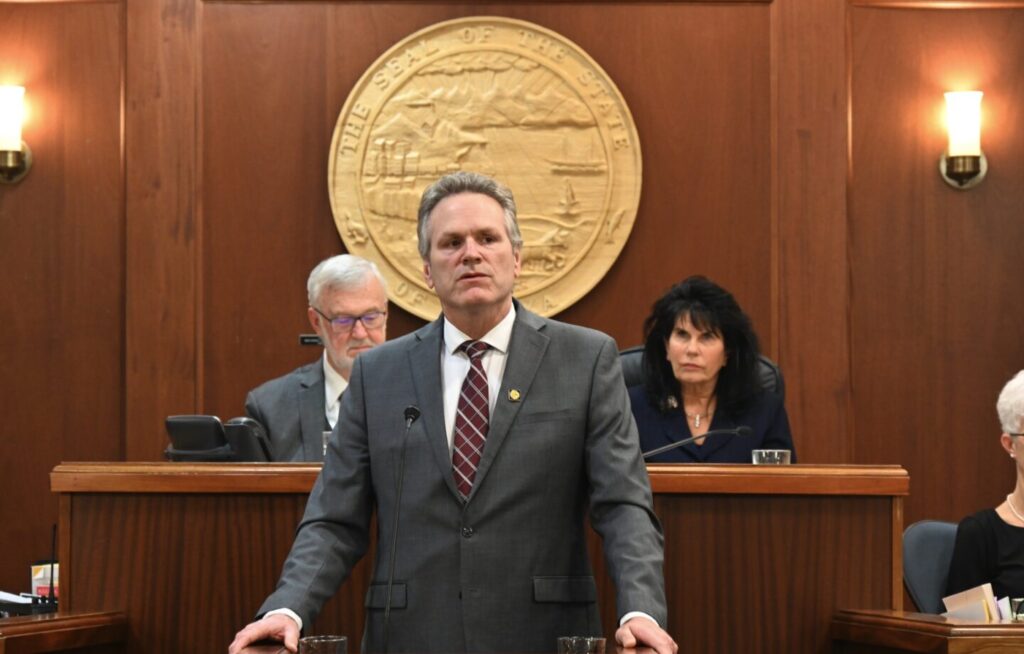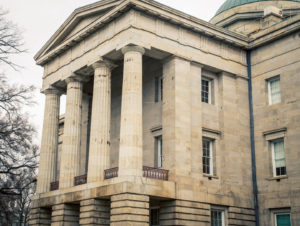Alaska school choice program in jeopardy after judge rules it ‘facially unconstitutional’
An Alaska Superior Court knocked down one of the state’s few school choice programs, sparking bipartisan concern from policymakers.
Judge Adolph Zeman released a decision on Friday about…

An Alaska Superior Court knocked down one of the state’s few school choice programs, sparking bipartisan concern from policymakers.
Judge Adolph Zeman released a decision on Friday about Alaska’s Correspondence School Allotment Program (CSAP), which is being sued for alleged unconstitutionality.
Correspondence schools are public charter schools that provide families with a high degree of flexibility.
Currently, students can use their allotted $4,500 of state funding to attend a private school, purchase homeschool supplies, or follow a hybrid model.
Judge Zeman called CSAP “facially unconstitutional” since the program’s “express purpose” was to allow “purchases of private educational services with the public correspondence student allotments.”
He cites Article VII Section 1 of the Alaska State Constitution which reads: “No money shall be paid from public funds for the direct benefit of any religious or other private educational institution.”
Though some argue school choice programs are primarily for the direct benefit of students – not institutions – Zeman overruled Alaska’s program anyway.
Scott Kendall, attorney for the plaintiffs, celebrated the decision, calling CSAP a “shadow school voucher program.”
However, CSAP’s allies, including Gov. Mike Dunleavy, are hoping the decision will be overturned by the Alaska Supreme Court.
“With 24,000 students enrolled in these [correspondence] programs to say this would be disruptive would be an understatement,” the governor wrote on social media. “This disruption, coupled with the fact that we and many Alaskans believe this ruling is flawed, leads us to ask for a stay and quick resolution with our Supreme Court.”
Other policymakers expressed disbelief by the sweeping decision.
“I’m blown away by his verdict,” said Rep. Jamie Allard, R-Eagle River, who co-chairs the House Education Committee. “If we want a better education system, then we need to be flexible.”
“My hope is there is a stay until the school year’s out so that parents can get through the school year,” added Sen. Bill Wielechowski, D-Anchorage. “And then we’ll see what the Supreme Court says.”
Blaine Amendments and the US Supreme Court
The Supreme Court of the United States has already ruled in favor of school choice in several recent cases.
In all three lawsuits – Trinity v. Comer, Espinoza v. Montana and Carson v. Makin – the court found it unconstitutional for private, religious institutions to be excluded from public funding purely due to their religious status.
All three cases centered around their respective states’ Blaine Amendments. Alaska’s Article VII Section 1 is also a Blaine Amendment.
These amendments appear in 37 state constitutions and are a relic of 19th-century anti-immigrant and anti-Catholic bigotry, specifically designed to stifle private Catholic schools by denying them public funds.
“There is no doubt, based federally, that they [the Supreme Court justices] support public funding for all schools, including faith-based,” observed Rep. Allard.



